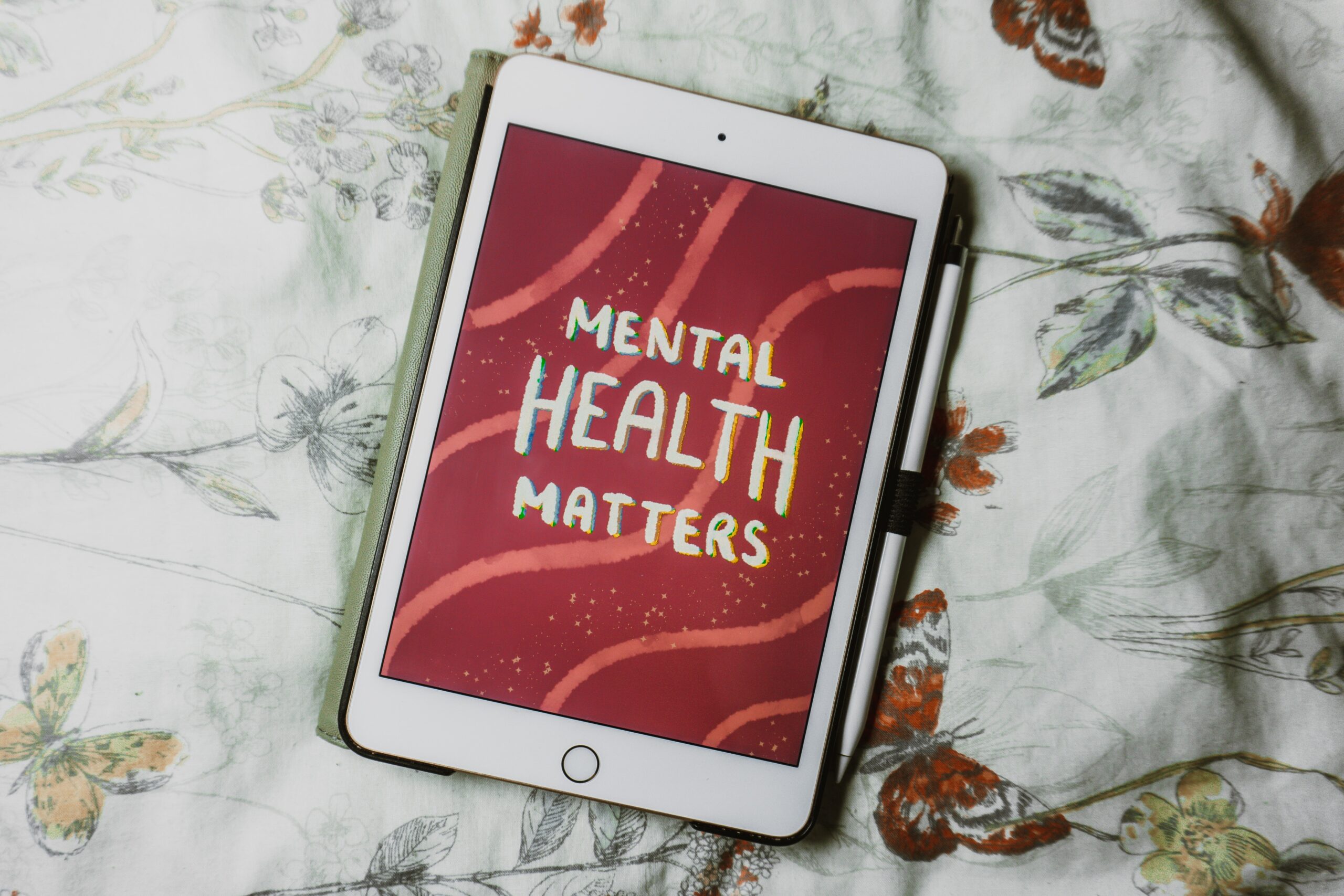Each year, millions of Americans face the reality of living with a mental illness. May is Mental Health Awareness Month – a time used to raise awareness of the importance of mental health care and reduce the stigma associated with mental health disorders.
Survivors of domestic abuse are especially susceptible to mental health disorders. Years of prolonged abuse can leave victims feeling stressed, depressed, anxious, and paranoid.
Nearly one in four women has been the victim of severe physical violence by an intimate partner, and one in nine men has experienced the same.
Bumps, bruises, scratches, and scars are some of the short-term physical effects of domestic violence that are sometimes easy to see. Harder to recognize and treat are the long-term negative effects domestic violence brings to a survivor’s mental health.
The long-term mental health effects of domestic violence can include disorders such as:
- Post-traumatic stress disorder (PTSD). This can result from experiencing a shocking, scary, dangerous, or traumatic event such as sexual, physical, or emotional abuse. Symptoms can include hostility, social and emotional isolation, flashbacks, anxiety, insomnia, and self-destructive behavior.
- Depression. This is a serious illness marked by a persistent feeling of sadness or loss of interest that can lead to multiple behaviors and physical symptoms, including changes in sleep, appetite, energy level, concentration, and daily behavior, as well as thoughts of suicide.
- Anxiety. This can be general anxiety about everything and everyday situations, or it can be a sudden attack of intense fear. It can grow worse over time and interfere with daily life. Paranoia can be a part of anxiety, too, and survivors of domestic abuse may be paranoid that their abuser is still “right around the corner,” ready to attack them again.
- Eating disorders. A domestic violence survivor may engage in disordered eating behaviors as an attempt to establish some sense of control, particularly when one feels as though their surroundings are chaotic, or that they do not have control over their body. Eating disorders can also develop from constant attacks on a survivor’s self-esteem – as in, they no longer feel worthy of food or living a healthy lifestyle.
- Addiction. The weight of repeated abuse is an extremely heavy burden. To ease the strain, many people turn to substances for relief. In some cases, people in abusive relationships are coerced into using drugs to make it easier for their abuser to manipulate them.

The percentage of women who consider their mental health to be poor is almost three times higher among women with a history of domestic violence than those in healthy relationships. As a result, intimate partner victimization is often correlated with an alarmingly high rate of depression and suicidal behavior.
When considering domestic abuse, it is important to remember that not every sign is physical. Many victims must overcome the emotional and mental health effects of psychological aggression, neglect, and financial abuse.
Mental health impacts everything in our day-to-day lives. Someone suffering from a mental health disorder may find inability to work, go to school, care for their children, or care for themselves.
Options works to support victims of domestic and sexual violence by providing resources to local mental health professionals. Our team of advocates are kind, understanding, and empathetic towards individuals who have experienced mental health related problems from their abuse.
If you need any additional information, have a question, or a concern, feel free to reach out to Options at our 24-hour toll-free helpline 800-794-4624. You can also reach an advocate via text by texting HOPE to 847411 or click 24-Hour Chat with Options.
Written by Anniston Weber


